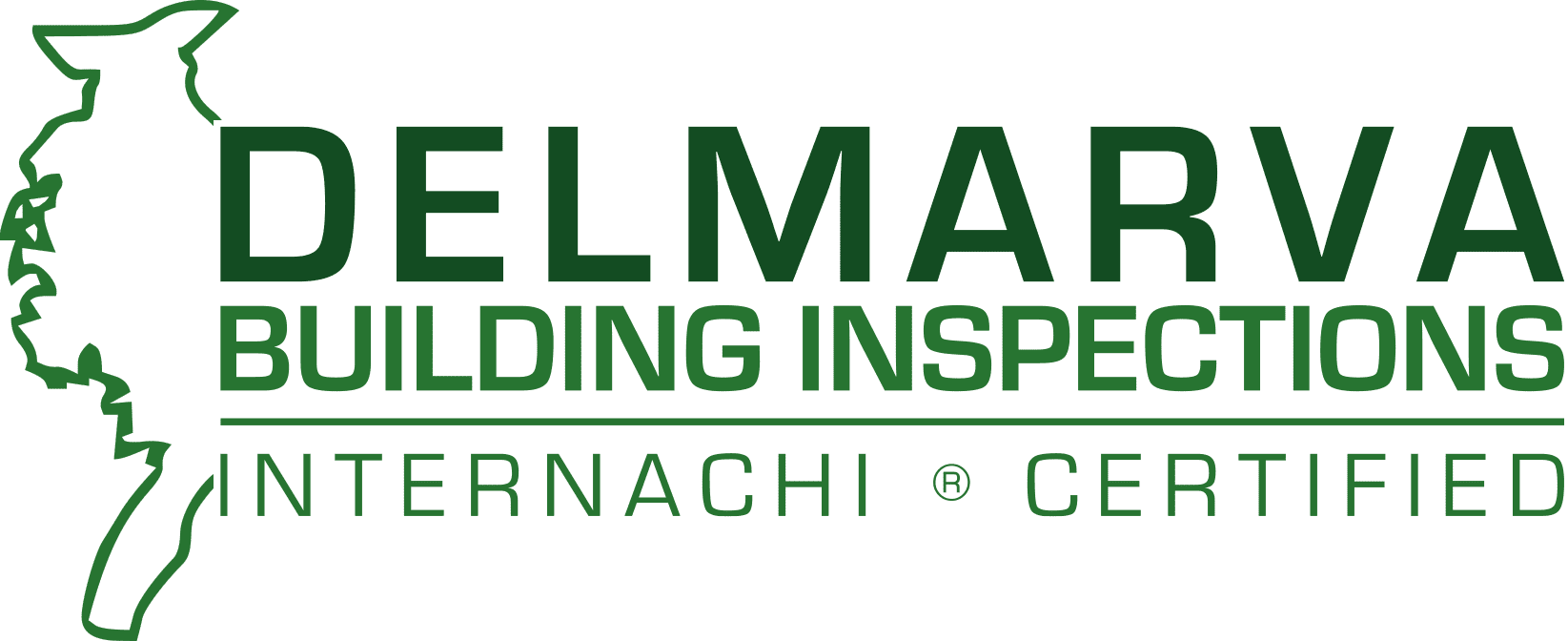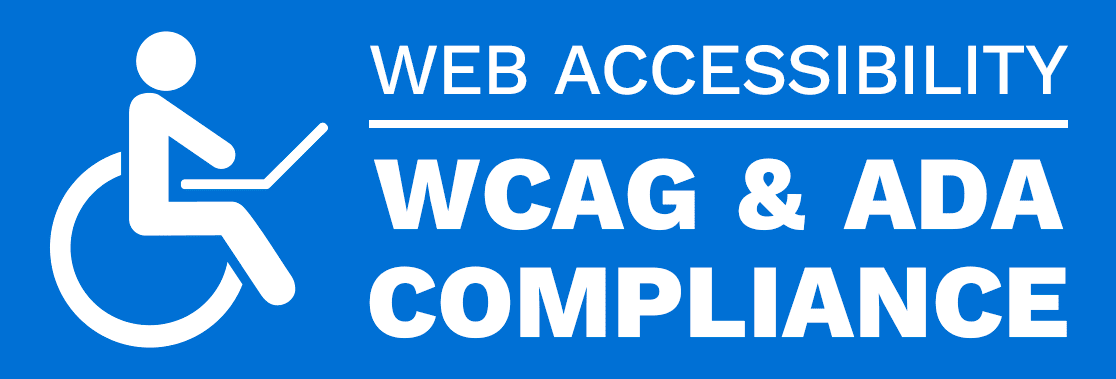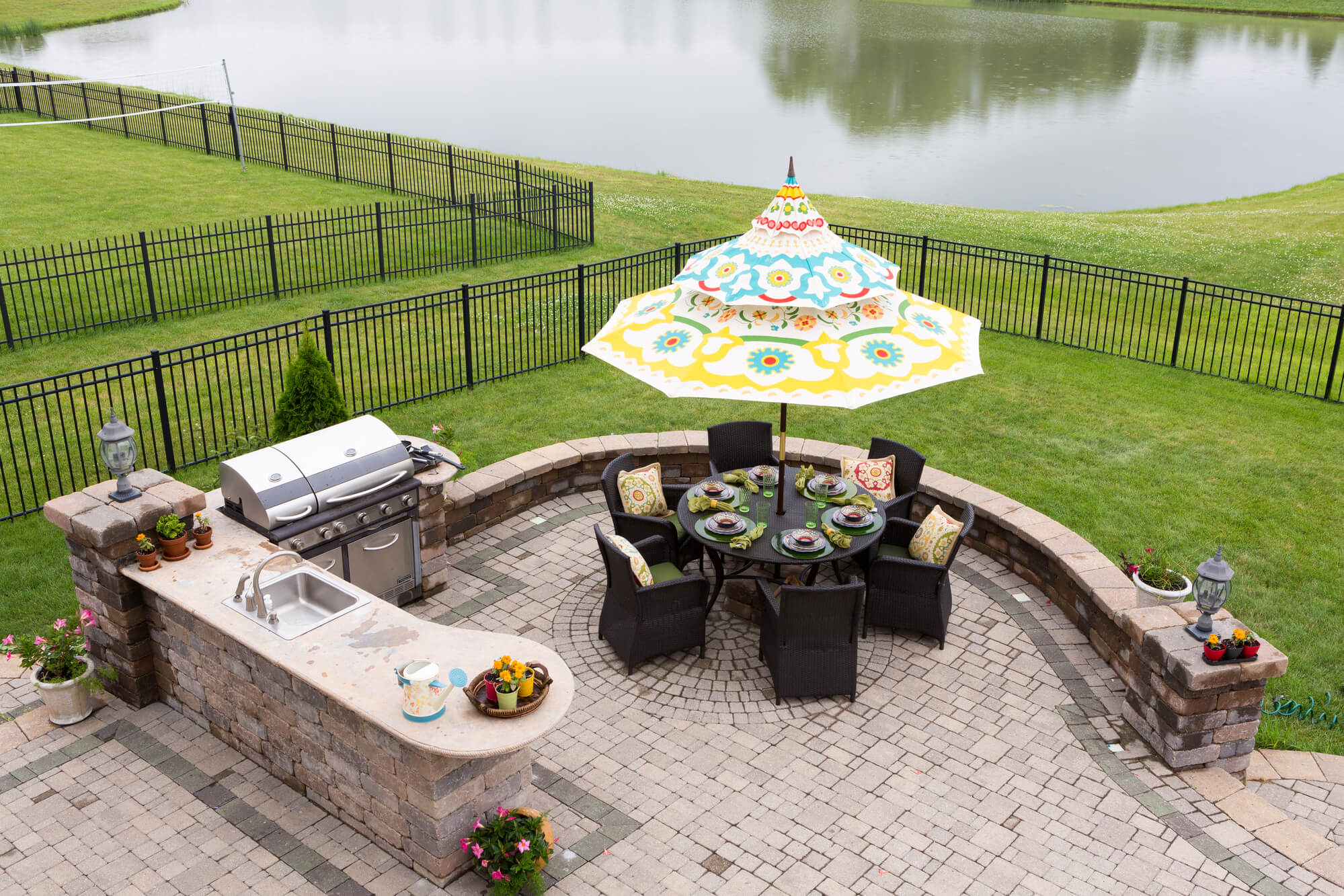What Are Some Of The Health Risks Associated With Propane Barbecue Grills
Propane barbecue grills can pose certain health risks if not used properly or if safety precautions are not followed. Here are some of the potential health risks associated with propane barbecue grill usage:
Carbon Monoxide Poisoning:
Carbon monoxide (CO) is a colorless and odorless gas that can be produced when propane fuel does not burn completely. For example, if a propane grill is used in an enclosed or poorly ventilated area, such as a garage, tent, or closed patio, it can lead to a buildup of carbon monoxide. Inhaling high levels of carbon monoxide can cause symptoms ranging from headaches, dizziness, and nausea to more severe cases of carbon monoxide poisoning, which can be life-threatening.
Fire and Burn Hazards:
Propane grills generate high temperatures and open flames, posing a risk of burns and fire hazards if not handled carefully. Contact with hot surfaces, mishandling of propane cylinders, or improper use of the grill can result in burns to the skin. Additionally, improper storage or handling of propane cylinders can lead to gas leaks, increasing the risk of fire incidents.
Inhalation of Fumes and Smoke:
Inadequate ventilation during propane grill use can result in the inhalation of fumes and smoke. This can cause respiratory and eye irritation and potentially exacerbate respiratory conditions such as asthma. In addition, the combustion byproducts and smoke produced during grilling can contain substances like volatile organic compounds (VOCs), polycyclic aromatic hydrocarbons (PAHs), and other potentially harmful chemicals.
Propane Gas Leaks:
Propane grills operate using pressurized propane gas, and if there are gas leaks or malfunctions in the grill’s components, it can release propane gas. If exposed to an ignition source, propane is highly flammable and can pose a significant fire and explosion hazard. Gas leaks can occur due to damaged hoses, faulty connections, or improper handling of propane cylinders.
Mitigate The Health Risks Associated With Propane Barbecues
To mitigate these health risks, following safety guidelines and taking appropriate precautions when using a propane barbecue grill is important. This includes using the grill in well-ventilated outdoor areas, keeping the grill away from flammable materials, ensuring proper installation and maintenance of the grill and propane cylinders, and following manufacturer instructions for safe usage.
Regular inspections, proper cleaning, and adherence to safety practices can significantly reduce the likelihood of health risks associated with propane barbecue grills. It is also advisable to familiarize yourself with local regulations and safety standards related to propane grill usage in your specific area.
Need A Radon Inspection? We Have You Covered!
What Are Some Health Risks Associated With Charcol Barbecue Grills
The sizzle and aroma of a charcoal barbecue grill can ignite our taste buds and create cherished memories. However, amidst the smoky allure, it’s crucial to be aware of potential health risks accompanying charcoal grills. In this portion of the article, we’ll delve into the darker side of charcoal barbecuing, uncovering its hazards to our well-being. So, grab your apron and equip yourself with the knowledge to ensure a safe and enjoyable grilling experience.
Carbon Monoxide Concerns:
While charcoal grilling infuses food with delectable flavors, it can also release carbon monoxide (CO) – a colorless and odorless gas. When charcoal doesn’t burn completely, high levels of CO can accumulate. This toxic gas can pose a serious health risk if grilling occurs in enclosed or poorly ventilated areas, such as garages or tents. Symptoms of carbon monoxide poisoning include headaches, dizziness, nausea, and in severe cases, it can even be fatal. Therefore, proper ventilation is key to mitigating this hazard.
Smoke Signals:
As charcoal briquettes ignite and smolder, they emit smoke laden with various compounds, including fine particles, volatile organic compounds (VOCs), and polycyclic aromatic hydrocarbons (PAHs). Inhalation of these pollutants can irritate the respiratory system, leading to coughing, wheezing, and exacerbating respiratory conditions like asthma. To minimize exposure, ensure adequate ventilation during grilling and consider placing the grill in open outdoor spaces.
Fire and Burn Perils:
Charcoal grills wield fiery power, with intense heat and open flames that demand respect. Mishandling hot coals or improper disposal of ashes can result in accidental burns and fire hazards. Maintaining a safe distance from the grill, using long-handled tools, and taking precautions to prevent sparks or flare-ups can help mitigate these risks. Also, remember to keep the grill away from flammable objects to prevent accidental fires.
Food for Thought:
Food safety is paramount when it comes to charcoal grilling. Incomplete cooking or improper temperature control can lead to the survival of harmful bacteria, causing foodborne illnesses. Therefore, ensuring thorough and proper cooking of meats to recommended temperatures is crucial to prevent gastrointestinal issues and other health problems. Additionally, practicing good hygiene, such as using separate utensils and plates for raw and cooked foods, is essential to prevent cross-contamination.
By being mindful of these health risks and taking appropriate precautions, you can still relish the deliciousness of charcoal-grilled delicacies while safeguarding your well-being. Remember to grill in well-ventilated areas, avoid enclosed spaces, carefully handle hot surfaces, and prioritize food safety. Then, with a dash of caution and a sprinkle of knowledge, you can enjoy the flavors and joy of charcoal barbecuing without compromising on health and safety.
Concerned about Mold? We’re licensed Mold Specialists.
Electric Grills Are A Safer Option
Electric barbecue grills are generally considered a safer option than charcoal or propane grills. However, a few potential health risks are still associated with electric barbecue grill usage. Here are some considerations:
Electrical Hazards:
Electric grills require a power source, so electrical hazards are risky if not used or maintained properly. In addition, electrical shocks can occur if the grill is exposed to water or faulty electrical connections. Therefore, it is essential to follow manufacturer instructions, ensure proper grounding, and keep the grill away from water sources to minimize the risk of electrical accidents.
Burns and Fire Hazards:
Electric grills generate heat, and contact with hot surfaces can cause burns. Care should be taken when handling or touching the grill during or after use. Additionally, a fire risk exists if flammable materials come into contact with the hot grill. Proper placement and clearance from combustible objects are crucial to prevent accidental fires.
Smoke and Airborne Particulate Matter:
While electric grills produce less smoke than charcoal grills, some smoke and airborne particles can still be emitted during cooking. This includes fine particles, volatile organic compounds (VOCs), and other combustion byproducts. So adequate ventilation during electric grill usage is important to minimize exposure to these pollutants, especially indoors.
Food Contamination:
Safe food handling practices are essential when using any type of grill, including electric grills, and ensuring that meat and other food items get cooked properly. Using recommended temperatures helps prevent foodborne illnesses. It is important to clean and maintain the grill regularly to avoid cross-contamination and ensure safe food preparation.
It’s important to note that electric grills generally have fewer health risks associated with their usage than charcoal or propane grills. However, as with any electrical appliance or cooking equipment, it is crucial to follow safety guidelines, use the grill in appropriate conditions, and practice responsible usage to minimize potential risks and promote a safe grilling experience.
Always refer to the manufacturer’s instructions and safety guidelines specific to your electric grill model for proper usage, maintenance, and safety precautions.
Natural Gas Barbecues Is Another Safe Option
Natural gas barbecue grills are generally considered safer than other grills, such as charcoal or propane. However, awareness of potential health risks associated with their usage is still important. Here are some considerations:
Gas Leaks:
Natural gas grills rely on a steady supply of natural gas, and there is a potential risk of gas leaks. Gas leaks can occur due to damaged connections, deteriorated hoses, or faulty components. In addition, natural gas is highly flammable, and exposure to gas leaks can lead to fire hazards, explosions, and serious injuries. Therefore, regular inspection and maintenance of the grill’s components are crucial to minimize the risk of gas leaks.
Carbon Monoxide (CO) Exposure:
While natural gas grills produce less carbon monoxide (CO) compared to charcoal grills, there is still a potential risk of CO exposure. Incomplete combustion or malfunctioning burners can release small amounts of carbon monoxide. Using natural gas grills in well-ventilated outdoor areas is important to allow for proper airflow and minimize carbon monoxide accumulation.
Burns and Fire Hazards:
Natural gas grills generate high temperatures and open flames, which can cause burns if not handled with care. Contact with hot surfaces or mishandling of the grill can result in burns. Additionally, improper installation, operation, or placement of the grill near flammable materials can increase the risk of fires and accidents.
Keep Your Grill Cleaned:
It is important to clean and maintain the grill regularly to avoid cross-contamination and ensure safe food preparation.
To minimize the potential health risks associated with natural gas barbecue grills, it is crucial to follow safety guidelines and take appropriate precautions:
- Regularly inspect the grill for gas leaks and ensure proper installation and connections.
- Use the grill in a well-ventilated outdoor area to minimize the risk of carbon monoxide accumulation.
- Follow safe grilling practices, such as maintaining safe distances from the grill, using long-handled tools, and safely handling hot surfaces.
- Keep flammable materials away from the grill and follow proper clearance guidelines.
- Adhere to safe food handling and preparation practices, including cooking meats to appropriate temperatures and practicing proper sanitation.
By following these safety measures, maintaining the grill properly, and using it responsibly, you can enjoy the benefits of a natural gas barbecue grill while minimizing potential health risks.


















